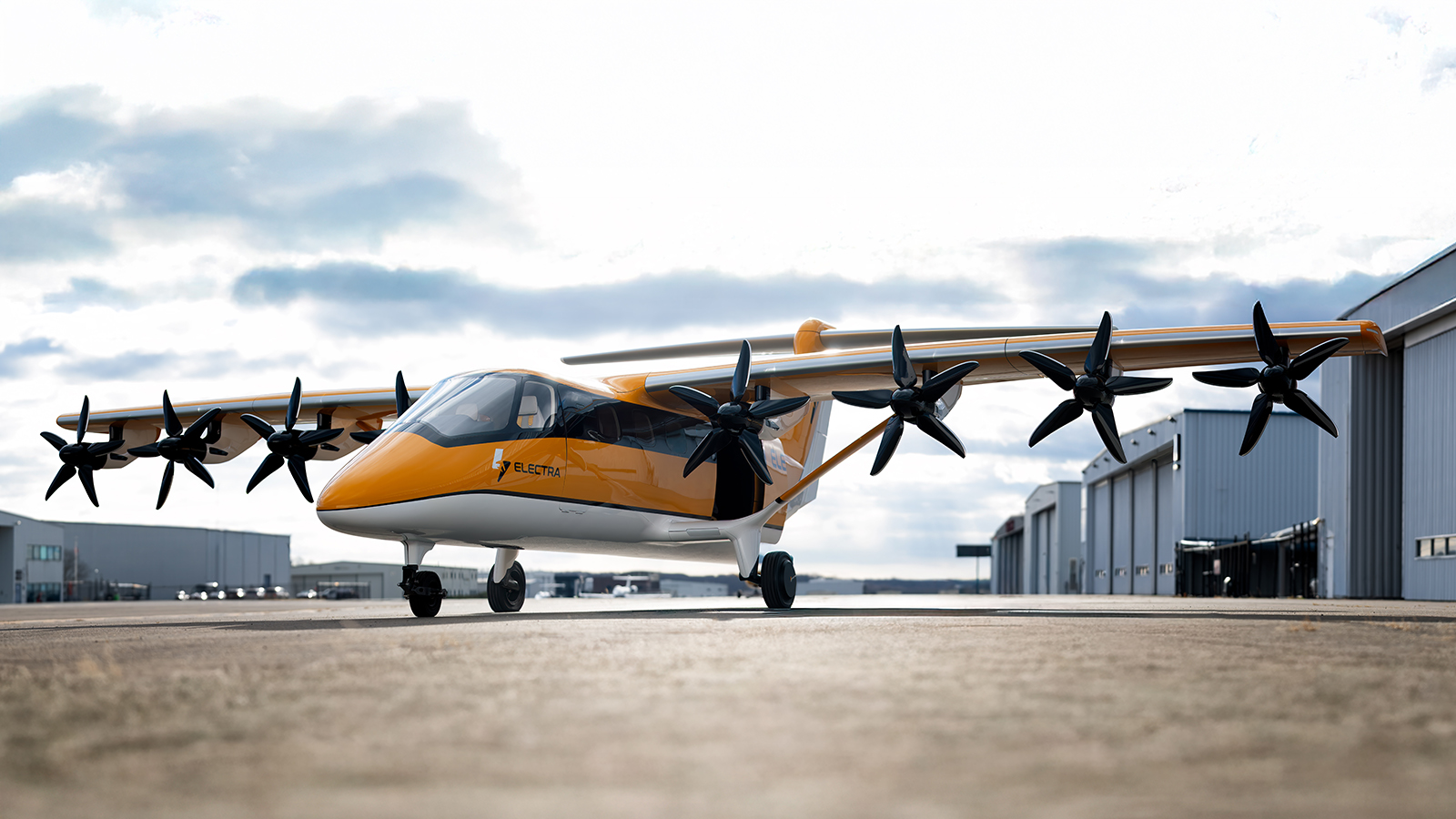The production of the legendary Boeing 747, often referred to as the “Queen of the Skies,” has officially ceased as of December 2023. This iconic widebody aircraft, known for its long-range capabilities, was manufactured by Boeing from 1968 until its final assembly this month. The decision to end its production reflects a significant shift in the aviation industry, driven by changing travel demands and advancements in aircraft technology.
The Boeing 747 made its debut in commercial aviation on January 22, 1970, with its first operator being Pan Am. It quickly became synonymous with luxury air travel due to its capacity and range. Over the years, the aircraft evolved through various models, including the 747-400 and the 747-8, adapting to the needs of airlines and passengers alike.
Declining Popularity of Quad-Jet Aircraft
The decline in the demand for quad-jet airliners like the 747 can be attributed to the rise of more fuel-efficient twin-engine aircraft. Modern designs have benefited from improved aerodynamics and the use of composite materials, allowing airlines to operate with significantly lower costs. Extended Twin-Engine Operations (ETOPS) have made these aircraft capable of flying long distances over oceans, a feature that was once only possible with the 747.
As airlines focus on operational efficiency, the last 747 rolled off the production line as the industry pivots towards advanced twin-engine models such as the Airbus A330 and Boeing 777. This shift highlights the evolving landscape of air travel, where efficiency and sustainability are paramount.
A Legacy of Innovation and Service
The history of the Boeing 747 began when Pan Am requested a larger aircraft to reduce seat costs by 30%. This led to Joe Sutter designing the aircraft, with the first flight occurring on February 9, 1969. The aircraft received its certification in December of the same year, marking a pivotal moment in aviation history.
The 747 was not only popular among passenger airlines; it also became a mainstay for cargo carriers, with Atlas Air taking delivery of the last 747 freighter in January 2023. The aircraft’s versatility has made it an essential part of global air cargo operations, especially in the face of increasing demand for rapid delivery services.
Technical innovations played a significant role in the success of the 747. The high-bypass turbofan engine, developed in collaboration with Pratt & Whitney, provided greater power while consuming less fuel. This advancement was pivotal in establishing the 747’s reputation for efficiency.
The 747’s design also presented unique challenges. During its development, Boeing conducted extensive evacuation tests to ensure safety compliance, a process that initially took longer than the Federal Aviation Administration’s mandated 90 seconds but eventually met the requirement.
Today, the Boeing 747 is celebrated not only for its contributions to air travel but also for its cultural significance. It has enabled millions of people to travel across the globe, transforming the aviation landscape and making air travel accessible to the middle class.
While the last passenger flights are being phased out, several airlines still operate the 747, particularly in cargo roles. Lufthansa, Korean Air, and Air China are among the few carriers that continue to utilize the 747 for passenger service, while cargo operators like Cargolux and UPS Airlines rely heavily on the freighter variants.
As Boeing concludes a remarkable chapter in aviation history, the legacy of the 747 remains firmly rooted in the hearts of travelers and aviation enthusiasts worldwide. The aircraft not only revolutionized air travel but also served as a symbol of global connectivity, paving the way for the future of commercial aviation.






